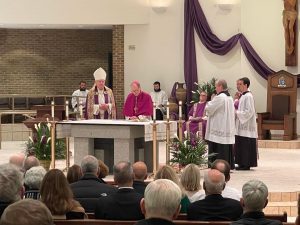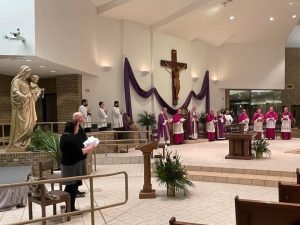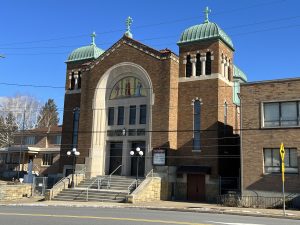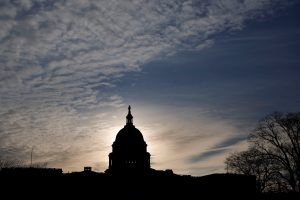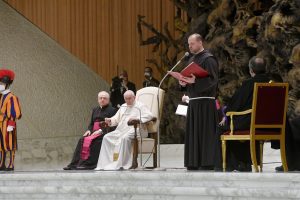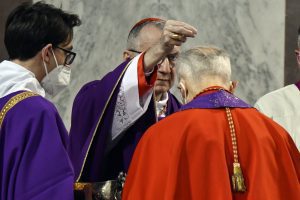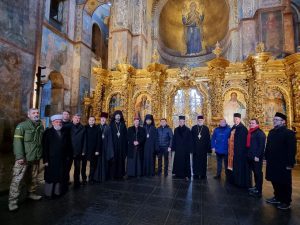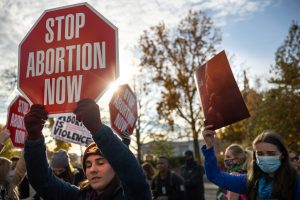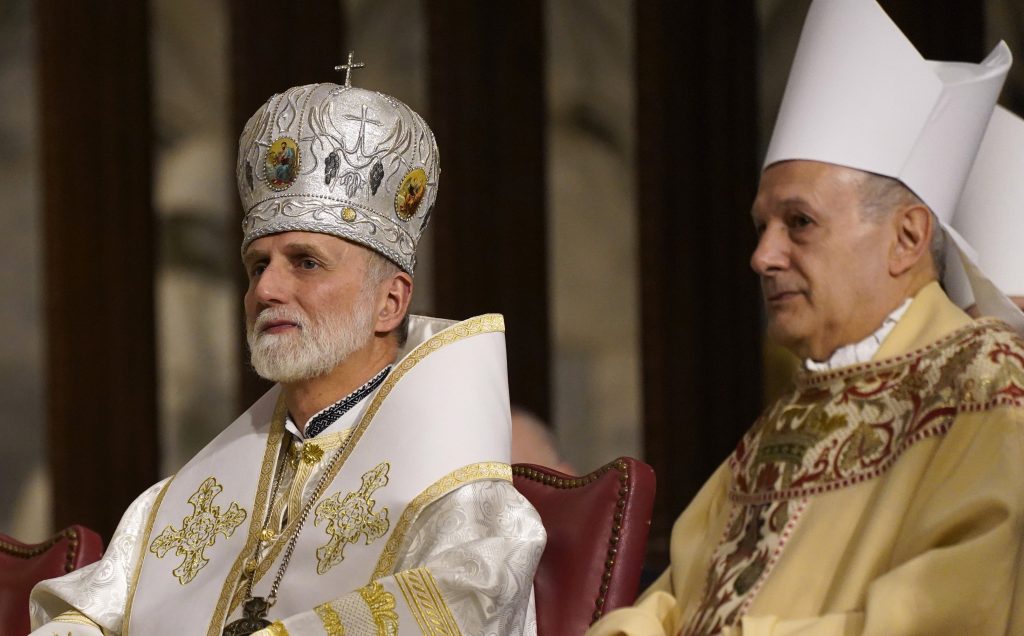
March 4, 2022
Archbishop Borys Gudziak And Archbishop Nelson J. Pérez Invite All People Of Goodwill To Mass And Prayer For Peace In Ukraine And The Ukrainian People At The Ukrainian Catholic Cathedral Of The Immaculate Conception
The Ukrainian Catholic Archeparchy of Philadelphia will hold a vigil for peace in Ukraine at the Ukrainian Catholic Cathedral of the Immaculate Conception.
Most Reverend Borys Gudziak, Metropolitan for Ukrainian Catholics in the United States, will celebrate the Byzantine Rite Mass and offer a personal reflection, “The War in Ukraine in Light of the Gospel.” Most Reverend Nelson J. Pérez, Archbishop of Philadelphia, will also offer a reflection and lead the recitation of the Rosary.
Saturday, March 5, 2022
4:30 p.m.
Ukrainian Catholic Archeparchy Of Philadelphia
830 North Franklin Street
Philadelphia, Pa 19123
Archbishop Gudziak and Archbishop Pérez encourage all people of goodwill to show solidarity for the people of Ukraine and Ukrainians in the United States by joining in this prayerful initiative in-person or remotely.
The evening will be streamed live from the Philadelphia Ukrainian Catholic Cathedral of the Immaculate Conception page beginning at 4:30 p.m. (https://www.facebook.com/Philadelphia-Ukrainian-Catholic-Cathedral-of-the-Immaculate-Conception-139284692765626 ). A full schedule can be found below.
- 4:30 p.m.—Divine Liturgy in the Byzantine Ukrainian Catholic Rite celebrated in English with parts in Ukrainian
- 6:00 p.m.—Resurrection Vespers for Sunday sung bi-lingually in English and Ukrainian
- 7:00 p.m.—Reflection from Most Reverend Borys Gudziak, Metropolitan for Ukrainian Catholics in the United States, “The War in Ukraine in Light of the Gospel”
- 7:30 p.m.—Opportunity for Personal Witness and Questions from Those Assembled
- 8:15 p.m.—Reflection from Most Reverend Nelson J. Pérez, Archbishop of Philadelphia
- 8:30 p.m.—Recitation of the Holy Rosary led by Archbishop Pérez in English
- 9:00 p.m.—Concluding Prayer for Peace in Ukraine and Jesus’ Prayer
Confession and counseling will be available throughout the evening.
Editor’s Note: Recently, the Ukrainian Greek Catholic Church launched a virtual Ukrainian Catholic Crisis Media Center to centralize all the information about the Church initiatives facing the aggression against Ukraine.
Each day, the webpage is updated with a video message from Major Archbishop of Kyiv-Halych, His Beatitude Sviatoslav Shevchuk, who is currently in Ukraine.
For more information, please visit (https://uccmc.org/).

